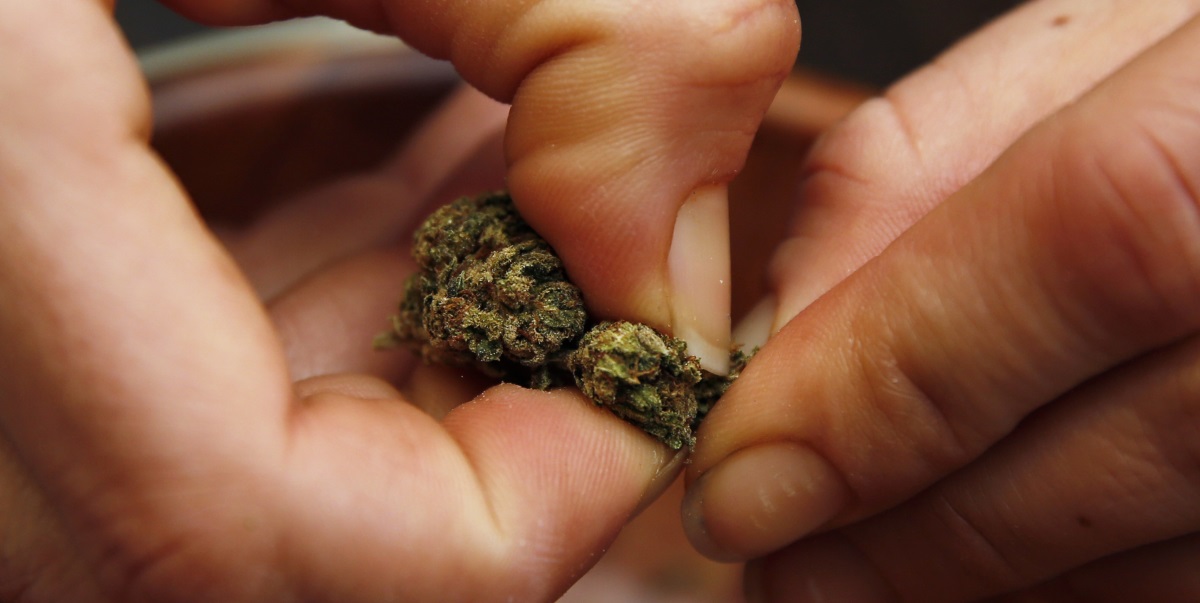UGA Study: Medical Marijuana Lowers US Prescription Drug Costs

Alex Brandon / AP Photo
An audio version of this story
A new report out of the University of Georgia says legalizing medical marijuana lowers national prescription drug costs.
The father-daughter research team looked at prescriptions filed from 2010 to 2013 with Medicare’s prescription benefits program, known as Part D. They then narrowed the search to the District of Columbia and 17 states that had legalized medical marijuana as of 2013, and chose nine conditions for which marijuana could serve as an alternative treatment.
The conclusion: Marijuana use saved Medicare’s Part D an estimated $165.2 million in 2013, and could have saved $468 million nationally had it been legal in all states.
“When marijuana becomes a medical option for people, then their use of prescription drugs falls,” said David Bradford, a public policy professor at UGA and one of the authors of the study. “We think that the only plausible mechanism is that people are shifting at least in part toward using marijuana as medicine.”
The national savings come out to half of 1 percent of Medicare Part D’s 2013 budget of $103 billion.
Bradford says those savings should be looked at as a lower bound of marijuana’s potential because it’s still a Schedule I drug.
9(MDAxODM0MDY4MDEyMTY4NDA3MzI3YjkzMw004))





